- A
- A
- A
- АБB
- АБB
- АБB
- А
- А
- А
- А
- А
The New Master's Standard
The new unified standard provides a general framework for developing Master’s programmes and delegates the determination of specific professional skills, types of career activities and key learning outcomes to programmes themselves, as well as recommending particular courses to students. Which tracks did programmes select? What are the opportunities and risks under the new standard? How much do students demand individualization and a project component in their education? The HSE Look posed these and other questions to the Dean of the Faculty of Economic Sciences and Academic Supervisors of three programmes offered at HSE University.
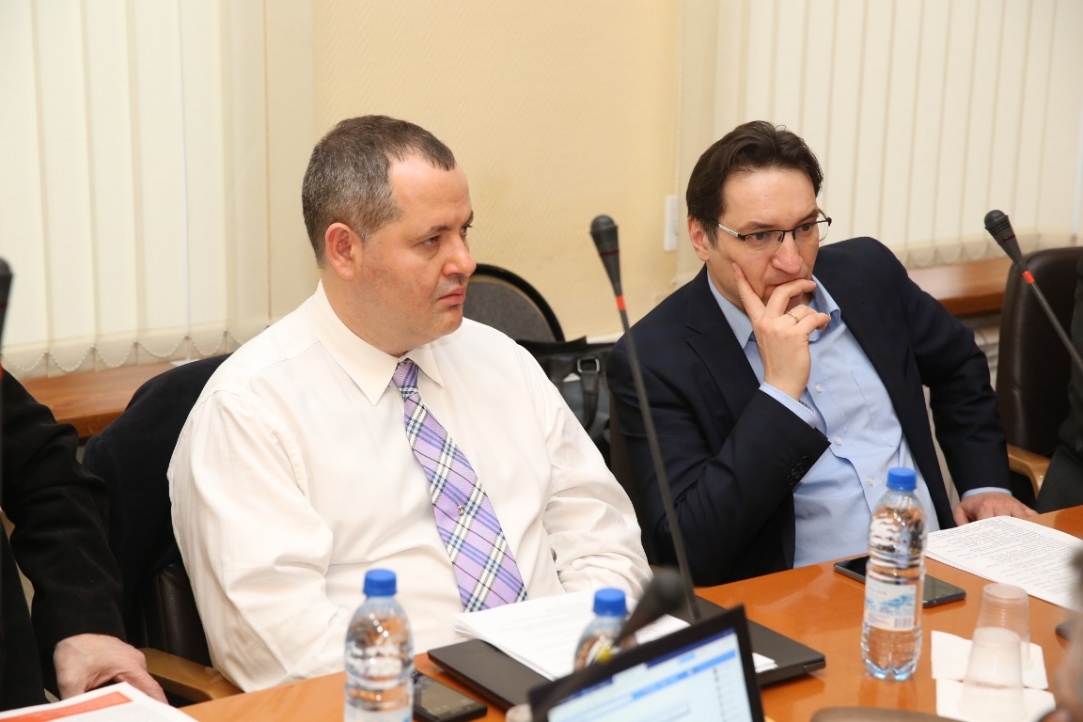
Dr Sergey Pekarski, Dean of the HSE Faculty of Economic Sciences
The new Master’s standard is intuitively close to the Faculty of Economic Sciences since an understanding of the base in economics is still universal and not restricted in this sense by the standard. At the same time, the application of more variability in studies makes things a lot more flexible for us.
Three of our programmes have been included in the pilot project for the new standard. These include the Master of Business Analytics and Economic Analytics, which are new programmes, so it would be logical to start them in the new format; also, the Master’s in Economics and Economic Policy, which was drawn from two earlier programmes: Applied Economics and Economics: Research Programme. These programmes were quite interrelated, with the difference being that the Applied Economics programme was meant to prepare students for working in business and government agencies, while the Economics: Research Programme was viewed as a preparatory programme for further doctoral studies. Bearing in mind that the new standard foresees several tracks, we made the conscious decision to unify these two programmes into one and implement it within the framework of the new standard.
We can clearly see the major advantage in having several vectors of development within a single programme. Having three tracks ensures synergy between them, as in when students of a certain track may take courses from another. This is quite important for such a diverse, in terms of teachers’ and students’ interests, faculty such ours.
In addition, particularly owing to the number of international applicants, the Economics: Research Programme was offered for several years in English, while with Applied Economics, we attempted to build a line of courses, which could be pursued entirely in English. Under the new standard, we can do this with more flexibility, while offering tracks in Russian, English or both languages.
Paradoxically, the more options we offer students to develop their own trajectories, the more limitations begin to appear. On the one hand, we are ready to offer them a very wide range of courses, but the development of their own track is limited by the options in the timetable. Therefore, with the core seminars and the seminars with track supervisors, we hope to offer students several topic specializations.
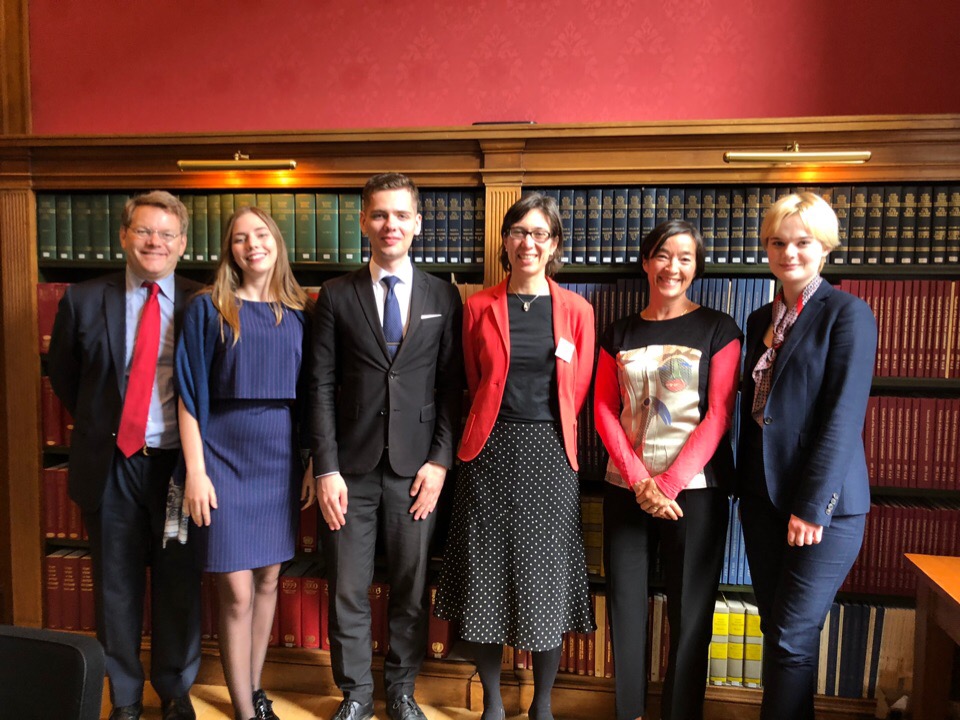
It is important to note that the selection of courses within one particular track is directly linked to projects, which are selected by students themselves. Overall, the selection of a core seminar means that a learner accesses a “packet” of three to four courses. Furthermore, project heads advise on the courses, which are necessary for carrying out a project. For instance, if a student selects a project that requires time series econometrics, they automatically will need to take a course in this subject, since they will be taught the necessary methods and instruments. With this in mind, thanks to this project-focused approach, we will help students build their own educational trajectories not erratically, but with a view to their future career development.
At our faculty, we offer around 150 projects, 30% of which are implemented jointly with potential employers. So, we are moving from the “just-in-case-learning” principle to students making informed choices for their professional development through the project-based-learning approach. Students understand this approach, as we see significant competition with respect to certain projects. For instance, joint projects with the MICEX and the Bank of Russia are quite popular, since the majority of our Master’s students are interested in finance.
Students can also make proposals to take part in outside projects, which are not organized by our faculty. In such cases, if a project is in line with the objectives of the selected track under the programme, the initiative may get our support.
As such, our faculty offers an entire palette from three tracks, and, although, for 90% of our students, the biggest interest is in the general and applied tracks, some strong students are interested in the research pathway. Usually, they are Bachelor’s graduates, who are strong in mathematics and economics, who also might be considering a PhD overseas. It should be mentioned that the number of such students is increasing with every year.
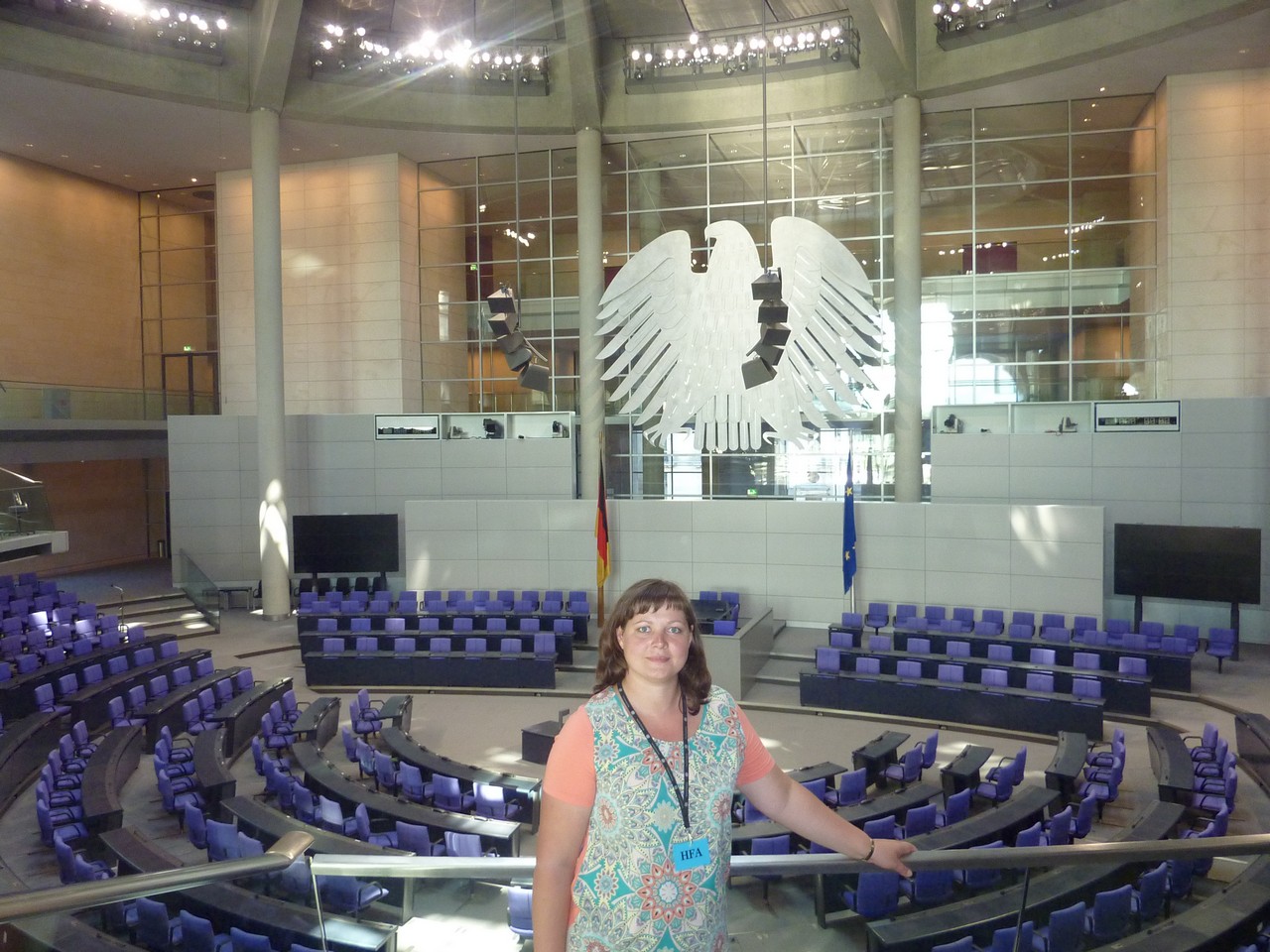
Dr Maria Lytaeva, Academic Supervisor of Master’s Programme in Pedagogy
There are many Master’s programmes in Pedagogy offered in Russia, but the majority of them are tied to the same subject that students studied at the Bachelor’s level. Hence, the first key aspect of our programme is that it is meta-, supra-, and interdisciplinary. We get applicants who can become teachers of various subjects.
The second key feature is that we accept applicants without a pedagogical background: 60% of students in the Bachelor’s programme did not study pedagogy, psychology and methodology, but, for instance, journalism or physics.
All of this is accompanied by the third key feature, that is, ongoing teaching practice. Over a two-period year, Master’s learners get to work in a school (we have over 30 school partners), with a real job, for a real wage, often full-time. Therefore, everything they learn theoretically gets to be tried out in an actual school environment. I do not know any programmes in Russia where 100% of its students are hired like this.
All of this has brought about our total support for this “turn” towards projects. So, we are cultivating academic/methodological developments as part of students’ thesis works. Our programme is put together in such a way that practice can also be a project, just one that is spread out over time. We have four key tasks, which we deal with through the teaching practice process. The first is helping young teachers to adapt in school; secondly – support them in methodological development; third – teach them how to organize children’s lives outside of studies; fourth – teaching them to foster universal skills through a specific subject. Every semester is focused on one of these tasks. One particular course is dominant for each objective, e.g., psychology, pedagogical design, etc. Every student teacher should make four video clips of their lessons, a form lesson or other academic event, edit it and then defend show how their professionalism has advanced at the final examination in teaching practice.
The programme currently features two tracks – applied and general, though, through the general competition, everybody will be admitted to the applied track. The general track has a lower number of credits for its obligatory components, but more – for their electives under the Major. For the general track, we expect people with experience and believe that they don’t really need a large workload under the psychological/pedagogical cycle. The core target audience of the general track are younger teachers, who wish to develop further in the pedagogical sphere, enhance their qualifications, and are interested not only in taught subjects, but also in a wider education context, such as economics, management or education law.
We see an additional advantage in the general track in that it is possible to reconsider one’s path. Mostly, students from more “classical” universities have this illusion that they are choosing pedagogy as a specific specialization. They didn’t have teaching practice during their Bachelor’s studies, but there still is this romantic notion about school, which we, nevertheless, still wish to build up, trying to instill in them the ideals of a humanistic education, where the child is placed at the centre of all processes. However, there are disappointments in the learning process and practice; this experience often does not live up to students’ expectations and they come to understand that their eagerness does not equate with a vocation. Still, with respect to such students, the new standard gives them the opportunity to effortlessly move to the general track in their second year, without having to restart their entire education, whereby after they may go into business or even develop their own academic startup.
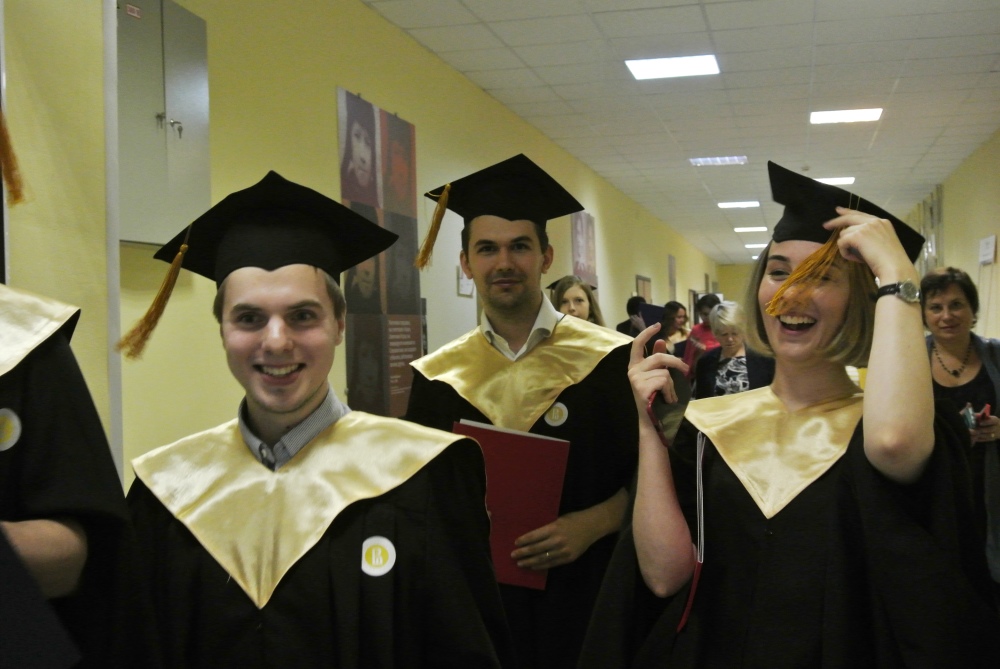
Moreover, there is the research trajectory (the combined Master’s - PhD track) at the Institute of Education, which is cross-programme. Students in this track remain within their programmes, but get to attend several other courses together. This year, one applicant from our programme was admitted to this track and her thesis topic was embedded in the activities of the Institute of Education’s Centre for Contemporary Childhood Research. Our focus is on didactic, methodological, and technological approaches to instruction; previously, the interests of the Institute of Education were aligned with sociology, economics and educational administration, but now the research agenda is expanding.
The new standard offers new opportunities for our programme. Prior to this, we only trained teachers; but now, we want to meet the demand for teaching pedagogical designers, whose skills cover various fields, such as psychometrics and evidence-based education development. The new standard allows for the inclusion of a new area of study in our programme (which is closer in terms of core competencies), while also utilizing the opportunities offered by other programmes for the holistic development of this new area.
In turn, we are also ready to share our expertise. I imagine that each Master’s programme can select several key courses, convert them into online formats and offer them externally. We did this with three high-demand courses – Pedagogical Design, History of Education and Pedagogical Thought, and Developmental Psychology in Education.
If we perceive the philosophy of the new standard as a kind of a model for one’s future personal development (though as a pedagogue myself, I am against this point of view, as I believe that kindergarten, grade school and, moreover, university are real-life experiences in themselves), then giving Master’s students free rein and offering them the right to take risks and decide on what to do for themselves make for good psychological training for future unpredictable situations and the challenges along the way.
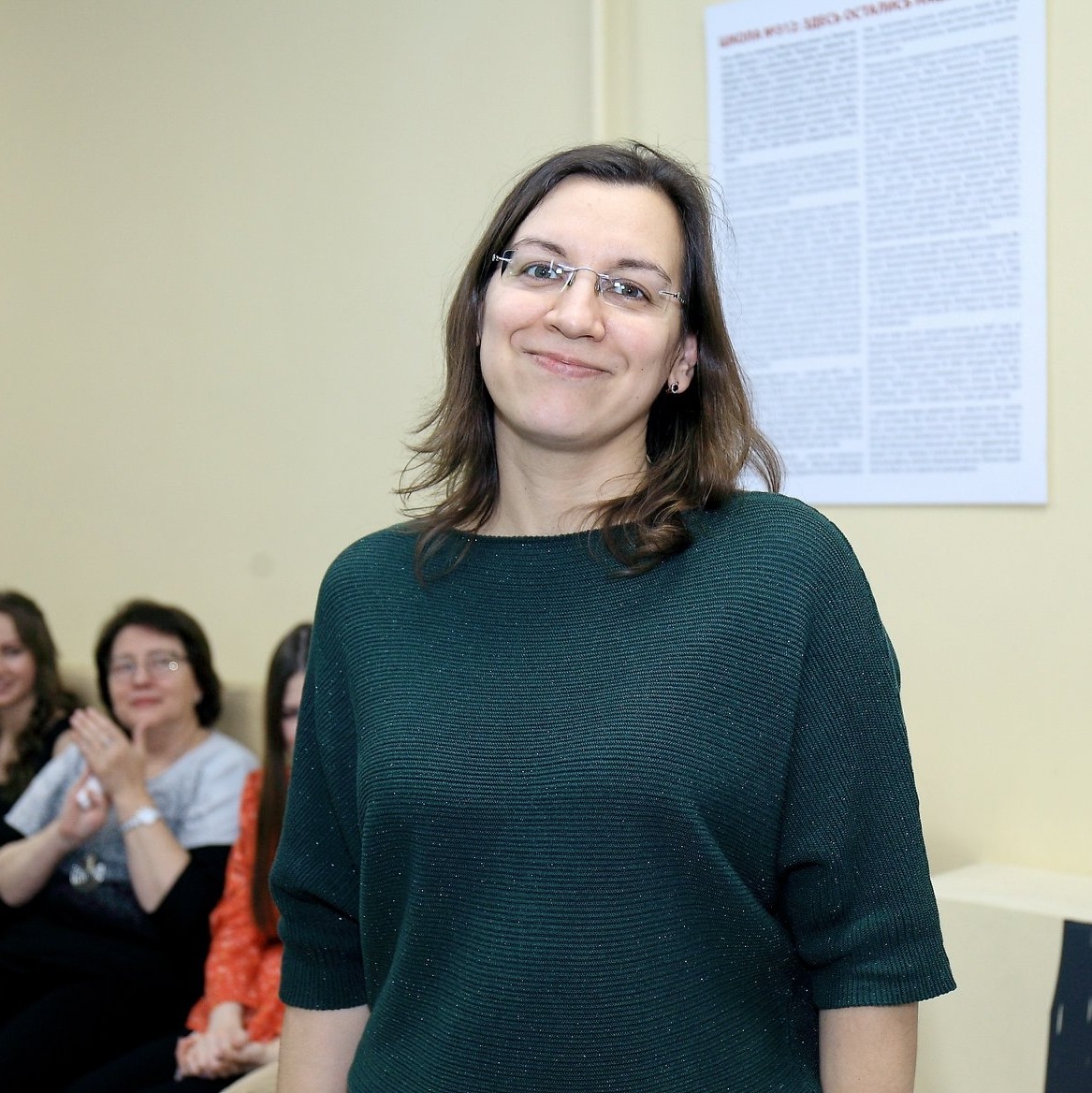
Dr Inna Antipkina, Academic Co-supervisor of the Master’s Programme in Science of Learning and Assessment
In 2010, the Measurements in Psychology and Education programme was the first to offer instruction in psychometrics in the post-Soviet space. Prior to this, psychometrics as a field had not been developed in Russia owing to a ban first introduced in 1936. Over a 10-year period, we have graduated around 150 specialists in evaluation, who know how to design and implement contemporary testing, examinations and monitoring activities, perhaps some of the best of their kind in Russia. When the idea of updating the programme was first presented, we understood that neuroscience and its instruments – MRT, EEG, eye trackers, etc., - can be effectively combined with psychometric methods. An increasingly fast-paced world means that people need to learn quickly; and to do this, it is necessary to understand the neurobiological foundations for study. This type of approach allows us to create quality educational programmes and provide scientific evidence for accelerated studies. In turn, the ability to assess learning results lets us understand whether the learning approaches applied have helped to make programmes more efficient and whether they need further adjusting. With this in mind, we have developed the Science of Learning and Assessment programme.
We now have a broad outline of our three tracks and we plan to figure them out along the way. The programme is now being reconfigured in terms of its identity, as it earlier focused on research. Over the last three years, the question has been raised as to whether we want to allow project-based thesis works. However, the majority of the academic committee voted against this and only in the last year have they started supporting projects that might not have a specific scientific result, but rather a strong product. We already have lined up with various EdTech companies. Another example of demand for the applied track is that every year, a portion of our graduates went into doctoral studies. But, this year everybody went into EdTech. Perhaps this is an effect of a decline in revenue because of the Covid-19 pandemic, but it is possible that the psychometrics fields have become more familiar for employers and, thus, in-demand. However, the general track, as the one foreseeing unrestricted decision-making with “no strings attached”, is still not entirely clear for us.
The new standard seems to cover all bases, although we still have some disagreements about how highly qualified specialists should graduate. The first year of the programme is adaptive – we provide instruction in what we believe an expert in education and pedagogy should know. Then, in the second year, students have a choice between two topical tracks – neuroscience with cognitive development and psychometrics; they are almost entirely free to choose from the many courses, including those taught in both or one of two languages. At the core seminar, we plan to discuss individual development strategies with our students. Now, we do not do this as much, since all of their tracks are more or less uniform.
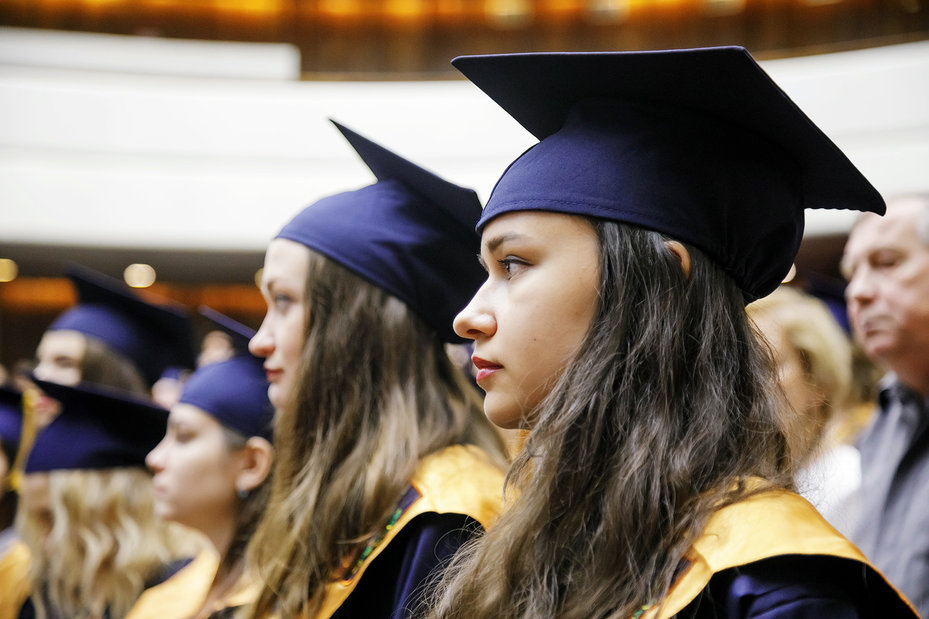
The second concern is that we are losing those subjects that we consider important, while students are unlikely to vote for them “with their feet”. For instance, students are not fans of Experimental and Quasiexperimental Design in Education and Deep Psychometrics, as they are considered difficult because of the statistical methods, albeit they are necessary for normal operations.
Our third worry is that group dynamics might change, as the framework is being loosened up: people from external programmes will come to us for some subjects, while some of our students might go over to other programmes. Still, on the other hand, this is a major opportunity to see the whole wide world and make ourselves visible. So, we have made all of our subjects accessible throughout all of HSE University, including Social and Emotional Development, Academic Analytics, and Staff Performance Reviews.
We have two requirements for student projects: relevance and tasks that ensure development. For instance, our students for three years already have been involved in the organization of a pilot workshop at the Summer School (www.letnyayashkola.org): this is a major educational project, where we talk about development of qualitative tests and surveys for young specialists and new EdTech leaders. Every student has the option of taking part in internships at the Institute of Education’s centres and laboratories. This is not big money, but it gives them possibility to work on real research projects and develop networks of contacts. Projects “from clients” acquaint students with the corporate world during their studies, whereby they get to carry out orders under the guidance of their teachers. Moreover, these clients often become future employers. Our alumni work at YandexUchebnik, YandexPraktikum, Uchi.ru, SkyEng, Algoritmika and other EdTech firms.
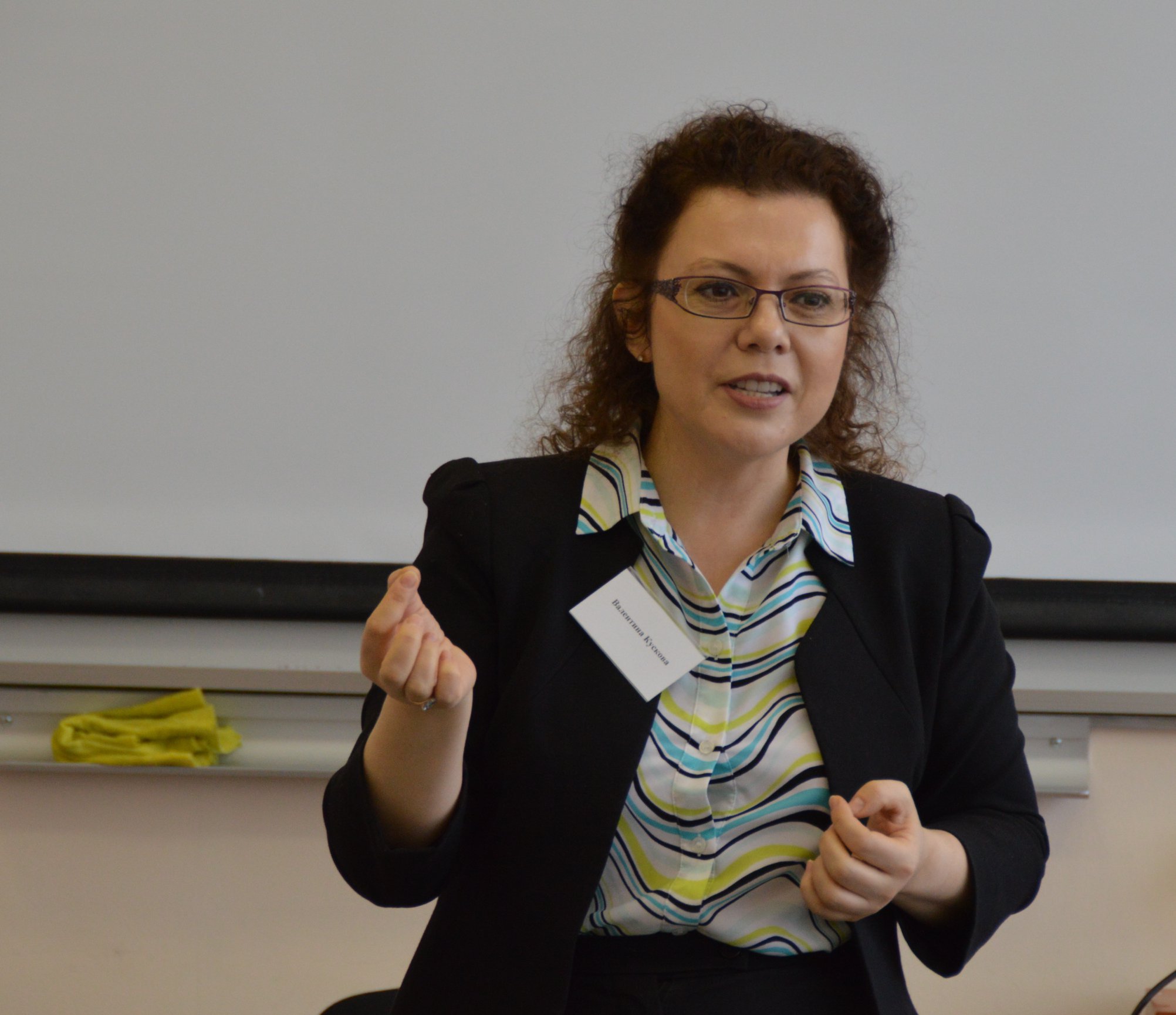
Dr Valentina Kuskova, Academic Supervisor of Master’s Programme in Data and Network Analytics
The Master’s Programme in Applied Statistics with Network Analysis was originally designed by Professor Stanley Wasserman. At that time, he was the scientific supervisor of the International Laboratory for Applied Network Research - the programme’s “home.” He applied best practices from several major US research universities and envisioned different programme tracks, project-based education, and many other features that are now being implemented at HSE University. We started the programme with a new ethos in mind before the new guidelines were in place.
First and foremost, the programme is English-taught by world-renowned professors from major international universities. We have asked the experts in major fields of analysis, such as data mining, networks, machine learning, categorical data analysis, Bayesian methods, to join our faculty. The programme is also unique as it has an applied focus. We teach applied analytics, and some of our graduates consider themselves data scientists. While I still think that the term data science belongs with computer science departments, it is our approach to focus on data and start with problem formulation, rather than teach theorems and methods. This makes our programme distinct from others. In addition, it is the only programme in Russia (and one of the few worldwide) that has a systematic approach to teaching networks – one of the most exciting analytic areas.
The general track is for those who do not want to specialize. It is the track in which students can select any courses they want from the large pool of electives to tailor their education to their specific needs. The research track is supervised by full-time senior researchers from our laboratory, and we call it the ‘PhD preparation track’.
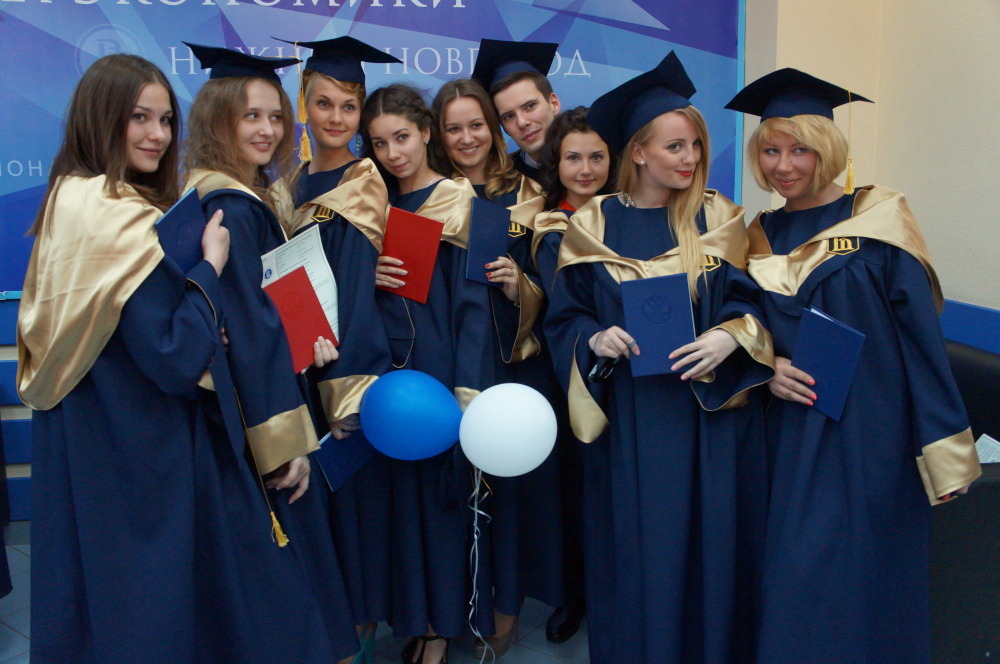
The business track was established in cooperation with our former graduates, now successful business professionals, who are working in the industry and are willing to bring most recent business practices into the classroom. We have joined forces with the HSE St. Petersburg’s Management and Analytics for Business programme, where students can pursue business-related courses. Students from the other programme can take our courses in return.
The project approach is integrated on every level. First, almost every course we teach (with exception of some basic math and probability courses) requires that students complete several projects. They often have to formulate problems that interest them, find their own data, and then solve problems using the methods taught in a particular course. Second, projects are implemented at the track level. We have seminar courses that are required for the completion of each of the tracks, and students must submit either research projects or business projects to fulfil their seminar requirements. Finally, projects are implemented at the programme level. First, we have a capstone course, called Statistical Consulting, where students work with real-life clients from either the academic community or the business world, helping them with real-life projects. Second, we have an analytic workshop, which is a major project run by students on a regular basis. It is a pro bono statistical consulting clinic, where clients can get help with any analytics-related questions. As a result, students complete dozens of real-life projects before they ever set foot in the real corporate world, which they then join, well-prepared for any challenge.
All this experience has resulted in a new endeavour – opening an online mirror for the programme – “Master’s of Data and Network Analytics” on Coursera. We have taken our international-quality programme to the wider world and made it available to working professionals everywhere.